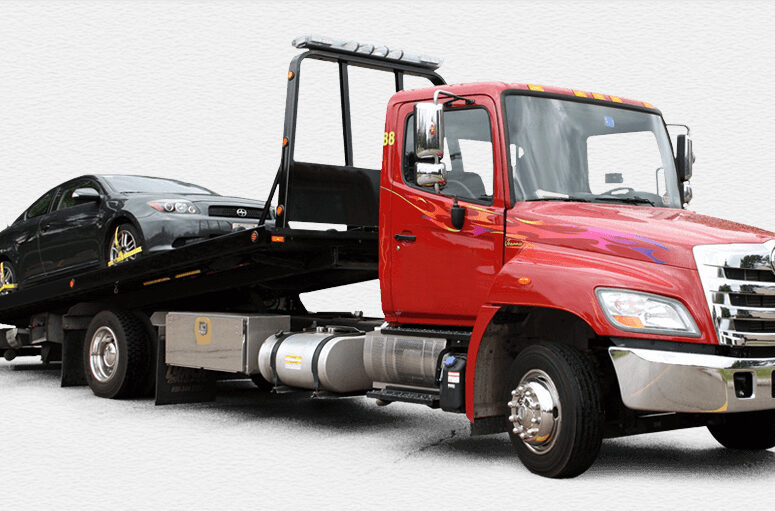The Growing Problem of Aggressive Towing
Over a three-year period, nearly 3,000 vehicles vanished from a parking lot near Downtown Toronto, according to a recent study. In another report, more than 300 drivers returned to empty parking spaces on Black Friday, the busiest shopping day of the year. While it may sound like car theft, the real issue is towing service Toronto companies using ruthless strategies to maximize profits.
These vehicles were technically in violation of minor parking rules, but the punishment — expensive towing fees and vehicle impoundment — often seems disproportionate to the infraction.
Property Owners vs. Towing Companies
Private property owners have the legal right to set parking rules — such as hours of use, reserved spaces, or restrictions like “no backing into spots.” They also have the right to enforce those rules. In cases where a vehicle blocks an entrance or poses a safety hazard, towing is the most responsible solution.
However, towing companies are not motivated by property maintenance alone. Instead, the best towing company Toronto operators often aim to tow as many vehicles as possible, turning small parking mistakes into big profits.
Ruthless Towing Tactics
One common tactic is the use of “spotters” individuals hired to patrol lots and report violations immediately. As soon as the spotter calls, the tow truck Downtown Toronto arrives within minutes. Once a vehicle is hooked, the towing company effectively holds it for ransom, demanding the maximum legal fee before releasing it.
This practice has raised ethical and legal concerns, especially as many drivers feel trapped with no fair recourse.
The Role of Regulations
Canadian law has introduced stricter rules to prevent abuse. For example, towing companies must receive authorization from the property owner for each specific tow, including details like the vehicle’s make, model, VIN, and license plate. They are also prohibited from towing within the first hour of spotting a violation, except in urgent situations.
Unfortunately, many towing operators and property managers claim they weren’t even aware of these rules. Because licensing is not always required, repeat offenders often face no real consequences.
Are Harsh Penalties Justified?
Tow truck companies argue that their work enforces fairness and prevents “predatory parking.” Their position is that drivers who break the rules deserve the penalties.
But critics say this ignores proportionality. A car parked illegally for a short time may not justify a $300+ towing bill. In many cases, drivers didn’t even realize they were violating rules due to poor signage, bad weather, or unclear markings.
An alternative, such as booting (wheel clamps) or small fines paid directly to property owners, could address the issue without punishing drivers excessively.
The Bigger Picture for Toronto
Some property owners benefit financially from aggressive towing partnerships, but the long-term consequences may hurt the local economy. If visitors and tourists fear unfair towing practices, they may avoid certain shopping centers or downtown areas altogether. This reduces foot traffic and damages local businesses.
Instead, adopting fairer enforcement methods like booting could balance property rights with consumer protection.
Final Thoughts
Aggressive towing practices may help towing companies profit, but they often leave drivers feeling exploited. A better approach would be reasonable penalties, clear signage, and fair enforcement. Until then, towing service Toronto risks losing public trust — and potentially harming the city’s reputation with both residents and visitors.
Frequently Asked Questions (FAQs)
Q1: Why do some people call towing in Toronto “ruthless”?
Because many companies use aggressive tactics such as spotters, quick tows, and high release fees, making the penalties feel disproportionate to minor parking violations.
Q2: Do property owners benefit from towing practices?
Yes, some property owners receive kickbacks or profit-sharing from towing companies, though this often discourages visitors in the long run.
Q3: What does the law in Canada say about towing authorization?
Towing companies must get specific permission from property owners for each tow, listing the vehicle’s details. They also cannot tow a car within the first hour of spotting it, except in emergencies.
Q4: What’s a fair alternative to towing?
Booting (wheel clamps) or issuing fines directly to the property owner is considered more balanced than costly impound fees.
Q5: How can drivers protect themselves from unfair towing in Toronto?
Always check for parking signs, avoid leaving your vehicle in unclear areas, and document the location in case of disputes.

